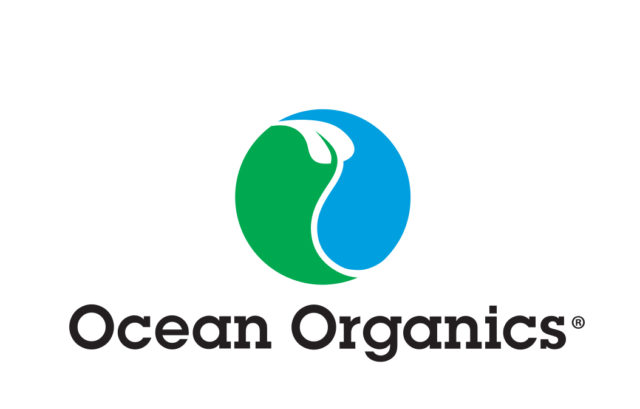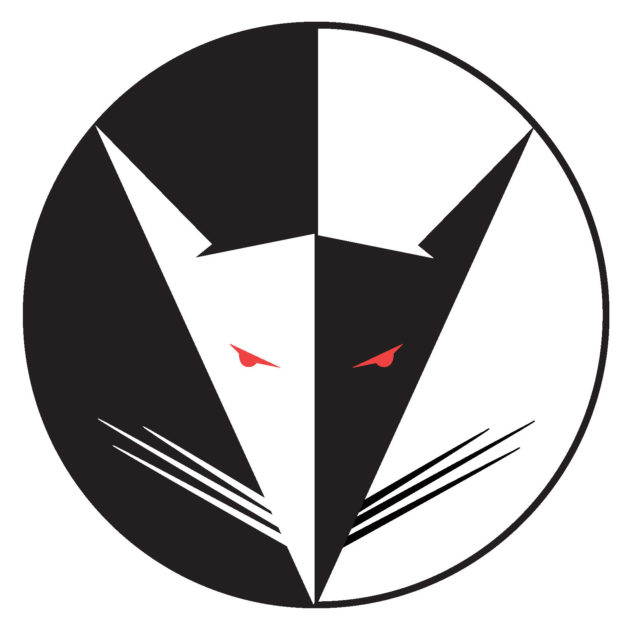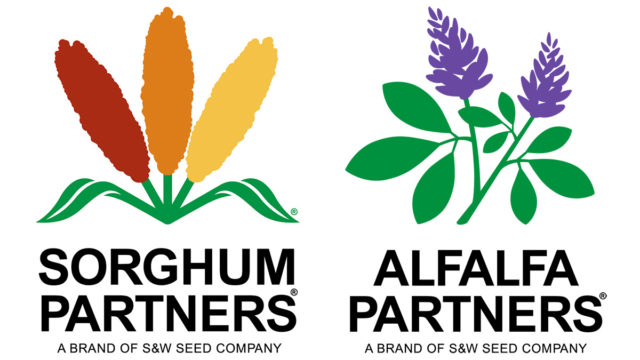And while we certainly enjoy getting positive feedback, some of the most valuable information we receive is often a different viewpoint.
So occasionally we will run an article where someone disagrees with the information presented or maybe the approach we took in covering a particular topic.
Baxter Black has been a long-time contributor to our family of magazines, and I really enjoy his tongue-in-cheek look at the world.
But I think even he would admit that he does, on occasion, ruffle some feathers. An article he wrote that was published in our last issue about “sustainable farming” touched a nerve with some of our readers, and I heard from many of you (click here to see one article contributed in response to his article from this issue).
As I pondered some of the thoughts you shared, it was easy for me to see how the article could be misunderstood or misinterpreted.
I think the point he was trying to make is that we have an increasing world population that needs to be fed, and we will not be able to do that by simply saying we want to go back to the “old way” of doing things.
There is a place for some of the methodology used in past eras and certainly much to be learned from our predecessors, but if modern agriculture is going to keep up with the demand to feed the world’s population, we also need to have continual progress.
The dictionary defines “progress” as “an advance or development toward a better, more complete, or more modern condition.”
Granted, how one person views “better, more complete or modern” can be drastically different than another and we might not all agree on which things that have come to be part of today’s farming practices fit into this definition.
But I don’t think anyone can argue that science and research has contributed positively to an overall improvement in our modern day society.
One example of this came to my attention while reading a recent issue of our sister publication, Progressive Cattleman. The article read, in part:
“New research presented at the 2012 American Society of Animal Science meeting provided insight into the consequences if U.S. farmers and ranchers no longer used productivity-enhancing technologies to raise beef cattle.
“If technologies were withdrawn, 17 million more acres of land and 138 billion more gallons of water would be required to produce the same total amount of beef.
At the same time, 18 million extra metric tons of carbon dioxide equivalent would be released in the U.S. alone, and 16.9 million acres of forests would be destroyed in other countries.” (Click here to read the complete article).
There are certainly those who would argue that we, as a society, don’t need to consume beef, making the above a mute point, but there are just as many that would argue that beef is an important part of a healthy diet.
And if you ascribe to that philosophy, making the sacrifices that would be required to produce the quantity of cattle needed to provide food to the growing population without using at least some types of technology just doesn’t make any sense.
I believe forage production plays a crucial role in the long-term sustainability of agriculture, and forage producers need to utilize the advances technology provides to produce high-quality forage on the land available to them.
This might include anything from seed choice to planting, fertilization to herbicides and pesticides, choice of equipment, etc.
Does it mean everyone will do everything the same way? Absolutely not! There is room for all types of farms and all types of production.
Look at the different options available and decide what is right for you. In my mind, when everyone is free to choose what works best for their own situation and can be successful doing it, that is progress.









